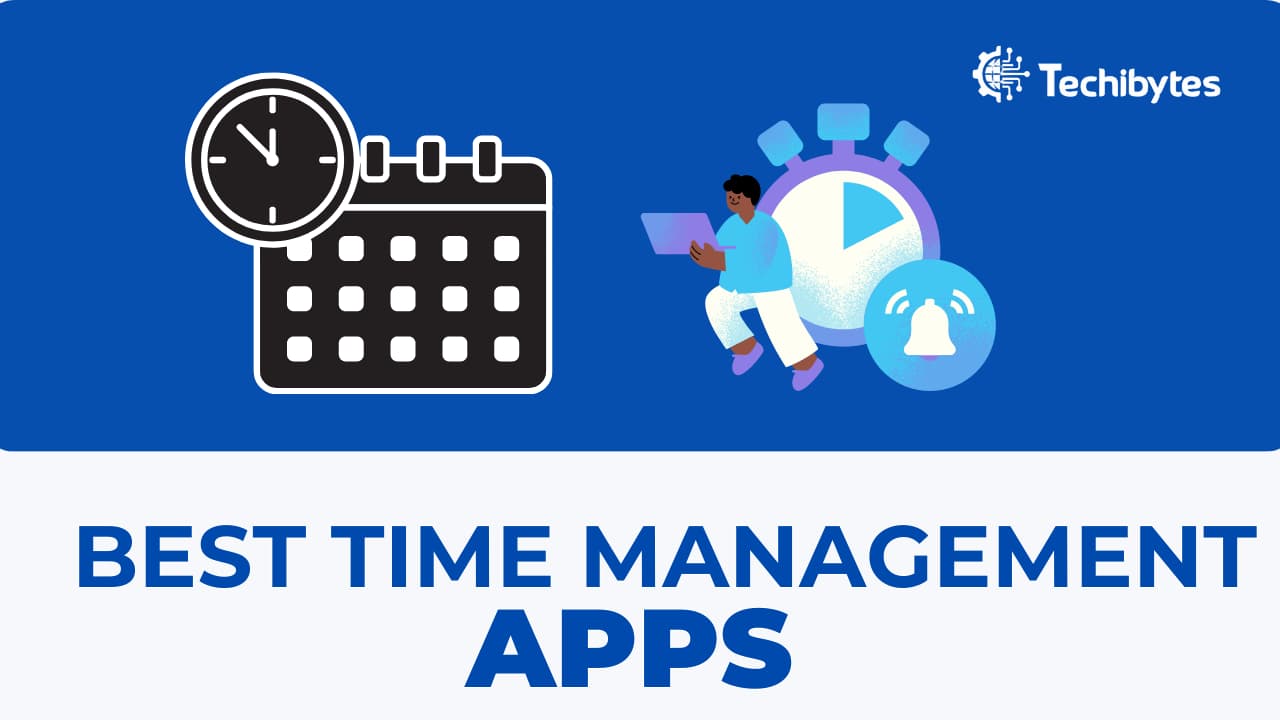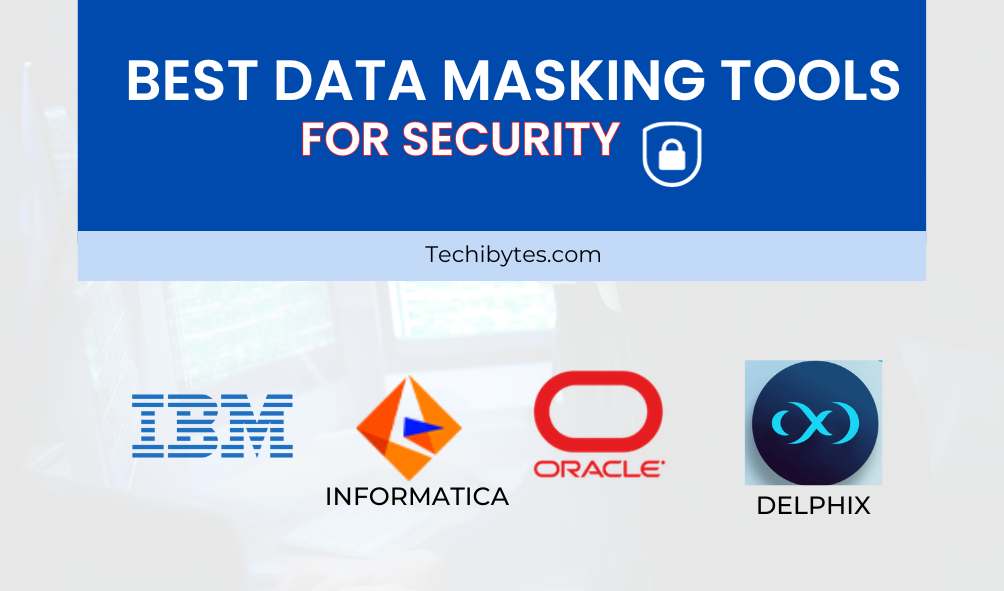For an IT professional, earning one of Canada’s highest-paying IT credentials can be a career game-changer. It can not only help you establish yourself as a tech expert in a field like cloud architecture, incident management, and mitigation, cloud infrastructure, cloud services, IT security, or auditing, but it can also help you earn more money.
Canada is well-positioned to benefit from the technology boom, having begun to incorporate emerging technologies such as Artificial Intelligence, Agile delivery, Analytics, Security, and Cloud services. Google, Microsoft, Amazon, and Facebook have already established delivery centers in Canada due to the country’s business-friendly regulations and economy. Canada’s tech sector has been dubbed “the fastest growing industry in the country” due to its rapid growth. Some of the highest-paying occupations in Canada are in the IT business.
IT certification in Canada is one of the most effective ways to demonstrate your subject knowledge, skills, and talents. While the data shows that these certifications are associated with higher salaries, it’s important to remember that salaries are based on several factors, including your ability to apply your certified skills in the workplace, your job role, your continuous professional development, your time in office, and your hard work. Understandably, a mix of abilities, credentials, and experience might help IT professionals win lucrative jobs.
Table of Contents
What IT certification in Canada should I pursue?
Certifications are an excellent approach for anyone, regardless of age, gender, background, employment function, or experience, to improve the credibility of their resumes and create a stronger impression on recruiters and managers. Those at the entry-level, in particular, will gain a terrific chance to stand out from the crowd, as well as a salary, raise straight away.
Those seeking professional IT certification training and earning a certificate in their chosen sector will have more options to advance.
The following are some of the several IT certifications you can pursue:
1. Certified Ethical Hacker (CEH):
The Certified Ethical Hacker (CEH) is a cybersecurity certification that equips security professionals with the skills and knowledge they need to identify and exploit vulnerabilities. The CEH credential is designed to assist security engineers in learning the same tools and knowledge as hackers.
2. Certified Information Systems Security Professional (CISSP):
Users who complete the CISSP certification program will gain expertise in a variety of cybersecurity topics, including risk management, application development, cloud computing, mobile security, and more. A minimum of 5 years of paid and meaningful work experience in two or more CISSP Common Body of Knowledge (CBK) areas will be required for CISSP certification. Those who do not meet these criteria are nevertheless eligible to take the certification exam. They do, however, have up to six years to gain the required security experience.
3. Microsoft Technology Associate (MTA):
The Microsoft Technology Associate certification is an entry-level certification that appears to be aimed at people who are just getting started in information technology. It’s also a viable alternative for individuals seeking a career move. The essentials of hardware, software, databases, and infrastructure will be covered in this Microsoft certification.
The MTA (Microsoft certification) is an ideal stepping stone for people interested in becoming systems administrators, networking and security specialists, or IT auditors. It has no further prerequisites and lays the groundwork for much-needed technological knowledge.
Canada’s highest-paying jobs
Canada’s IT industry is a major economic driver as the globe shifts to a predominantly digital economy, and it is expected to continue to grow in the foreseeable future. Innovating a new world through persistent research and development of advanced technology, tech-based enterprises have become vital to boosting the GDP of any country, producing high-paying, rewarding jobs in the process.
We’ll look at the top five highest-paying IT jobs in Canada.
- Software Developer
- IT Project Manager
- IT Business Analyst
- Database Administrator
- Data Science Specialist
1. Software Developer:
Software developers are the most in-demand among IT professions in 2021. More software developers are needed by employers all around the world to write, change, integrate, and test computer codes for communications software, data processing, and software applications, among other things.Coding and programming skills are still in great demand across Canada, particularly as Canadian businesses upgrade their e-commerce capabilities and software as part of their COVID-19 response.
2. IT Project Manager:
IT Project Managers are in particularly high demand across Canada, consistently ranking among the top IT jobs in Canada year after year. Project managers with the necessary skills for balancing competing budgets and timelines on the one hand, and excellent technical IT expertise on the other, are in high demand in the field.An IT Project Manager has a variety of responsibilities in a business, including leading and directing the IT staff and personally dealing with clients. Project managers with specific credentials, such as Scrum Master, PMI, and others, are in high demand in the Canadian labor market.
3. IT Business Analyst:
IT Business Analysts – with a specialty in tech and software analysis – are in the in-demand jobs in canada in 2021, with data and analytics playing an increasingly vital role during the pandemic situation. As Canadian organizations become more reliant on technology, business analysts are needed to shape and optimize software and business processes so that they are as efficient as possible.
4. Database Administrator:
A Database Analyst comes to the fore whenever data and its optimal usage can make or break a business by making sense of the massive amounts of data collected by organizations. Today, data is a hot topic as companies adjust their budgets and rely on data analysis to make the most profitable decisions. A Database Analyst creates, develops, and manages data management solutions using database management software.
5. Data Science Specialist:
A Data Science Specialist, also known as a Data Scientist, is a person who is in charge of designing procedures and algorithms for generating actionable insights and benefits for a company’s benefit. The position will necessitate advanced analytical abilities.
What are the most sought-after IT credentials in Canada?
IT project managers are often ranked among the best IT careers in Canada. Project managers with the ability to juggle competing schedules and budgets while also having a strong technical understanding of IT are always in demand. Project managers with PMP, PMI, or Scrum Master qualifications are in high demand in the tech industry and these are often Certification that can get you a job, that falls within the highest paying jobs in Canada.
TOP IT CERTIFICATION IN CANADA
While some engineers may not believe certificates are necessary for their jobs, having one (or more) can help them stand out in a crowded market and provide them leverage in negotiations for higher responsibilities, compensation, and perks.
Apart from being well-paying certifications, the following are the top IT certifications in Canada. These certifications have provided enormous benefits to students and professionals, and are projected to continue in the coming year.
1. Certified Information Systems Security Professional (CISSP):
This (ISC)2 certification shows cybersecurity knowledge and experience. The CISSP certification has been compared to receiving a master’s degree in IT security since it demonstrates that professionals have what it takes to plan, implement, and manage a cybersecurity program effectively. It is regarded as one of the top it Certification in Canada.
The CISSP test is organized on eight information security domains:
- Risk and Security Management
- Asset Protection.
- Security Engineering and Architecture.
- Network and communication security
- Identity and Access Management (IAM).
- Evaluation and testing of security.
- Security Operations.
- Security in Software Development.
To get this certification, candidates must have at least five years of paid, meaningful work experience in two or more of the CISSP domains. If you don’t have the required experience, you can still take the certification exam and if you pass, become an Associate of (ISC)2. After that, you’ll have up to six years to get the experience you need to achieve your CISSP.
2. Google Certified Professional Data Engineer:
Data engineers are in high demand, and they are one of the most in-demand specializations in the market, making it one of the best it Certifications to obtain. This year, the best-paying salary in IT and highest paying jobs in Canada is related to the Google Cloud Certified Professional Data Engineer credential.
Data engineers examine data to acquire insight into business results, develop statistical models to aid decision-making, and develop machine learning models to automate and streamline essential business operations. By gathering, transforming, and visualizing data, the certification enables data-driven decision-making. Candidates must pass the Google Certified Professional – Data Engineer exam to earn this certification.
3. PMP Certified Project Management Professional:
With the number of project-oriented occupations expected to grow by 2.2 million by 2027, the demand for project expertise is growing. PMP certification is the gold standard for project management experts, and it is recognized by corporations all around the world. It is intended to help you learn the intricacies of project management, from planning to execution to stakeholder communication.
You must meet one of the following conditions to apply for the certification:
- A four-year diploma
- 36 hours of project management experience
- Certification in project management (CAPM®) or 35 hours of project management education/training or
- It is necessary to have a high school diploma or an associate’s degree (or global equivalent)
- 60 months of project management, Certification in project management (CAPM®) or 35 hours of project management education/training
- Professionals having a PMP® certification earn 25% more than those who do not have the certification.
4. AWS Certified Solutions Architect – Associate:
The AWS Certified Solutions Architect exam assesses your knowledge of AWS system design. This certification may be exactly what you need to advance your career if you have hands-on expertise with AWS services and are used to architecting large-scale, distributed systems.
Candidates must have passed the AWS Certified Solutions Architect – Associate (SAA-C01) exam to get this credential. Before taking this exam, AWS recommends that you have at least a year of hands-on experience designing systems on AWS. The exam lasts 80 minutes and is conducted at PSI centers.
5. Cisco Certified Network Associate:
The CCNA certification validates your ability to handle the ever-changing IT ecosystem. The CCNA test covers networking foundations, IP services, basic security, automating, and programmability. The CCNA certification confirms that you have the knowledge and abilities required to manage and optimize today’s most complex networks. It’s designed for speed and adaptability.
The CCNA training course and exam lay the groundwork for you to go in any path with your career. By certifying with Cisco, you demonstrate the high standards and rigor that businesses value and rely on to match or exceed market needs. There are no formal requirements, although it is recommended that you have at least one year of familiarity implementing and running Cisco solutions.
6. CRISC:
Expertise in the identification and management of enterprise risk is provided by the Certified in Risk and Information Systems Control certification. You will be better prepared to implement and maintain information system controls in business operations after earning this certification. The following are some of the ways that a CRISC certification might help you improve your skills:
- Identification of IT risks.
- Assessment of IT risks.
- Response to and mitigation of risk.
- Monitoring and reporting on risk and control.
You must pay CAD 61 and meet certification requirements to apply for CRISC certification. You must have completed the CRISC test within the previous five years and have full-time experience in the CRISC domain areas.
You must fulfill and report 20 hours of CPE yearly, report 120 hours of CPE hours in each three-year reporting cycle, pay the CRISC yearly maintenance fee of CAD 55 (CAD 105 for non-members), adhere to the Code of Professional Ethics, and abide by an annual CPE audit, if required, as part of your maintenance requirements.
7. Information Technology Infrastructure Library (ITIL):
The Information Technology Infrastructure Library (ITIL) is the most extensively used IT management framework on the planet. This honor has been bestowed on it for the past 30 years. Its primary goal is to develop a set of best practices for providing IT services in large enterprises.
As a result, it is a broad discipline with a variety of important specializations, such as capacity management, help desk management, high availability (HA) computing, incident management, and IT operations, to name a few.
The ITIL Foundation is the certification’s starting point and provides a broad overview of the IT service lifecycle. The ITIL 4 certification methodology has been simplified to include two primary designation tracks, each with seven modules in total. From the Foundation level, you’ll choose between the Managing Professional (MP) and Strategic Leader (SL) paths. You can opt to quit at any point along the way, or you can complete both paths and gain the ITIL Master credential.
You must receive at least 17 points from the Foundation, Practitioner, and Intermediate modules, and also pass the Managing Across the Lifecycle (MALC) test, for a total of 22 points, to obtain the ITIL Expert certificate.
8. IT Service Management:
ITSM entails all aspects of IT, including policy, coordination, and integration with processes, as well as supporting sub-routines. To organize, deliver, and control IT services to clients, these procedures are handled by either a full company or a component of it.
As a result, it is focused on providing high-quality IT services to consumers through well-structured processes and procedures. Employers view holders of this degree as specialists who can integrate business strategy with IT. You will be able to handle, plan, and deliver quality IT services as a certified applicant.
Any approved authority that offers such certificates can offer IT Service Management (ITSM) certification. The credential is best obtained from well-known bodies and their affiliates all around the world. Apart from expertise and knowledge in IT service providing organizations or departments of any corporation, there are no formal qualifications required to take the IT Service Management Foundation course or examination.
Candidates for the Foundation Bridge Examination in IT Service Management must have an ITIL V2 or V3 certification, as well as IT service knowledge or demonstrated working experience with an organization that works with IT services.
9. Microsoft Certified: Azure Administrator Associate:
The Azure Administrator Associate credential verifies a cloud administrator’s ability to manage an Azure instance, including storage, security, and networking. It’s a Microsoft role-based certification, which means it corresponds to certain job functions. Microsoft needs a thorough understanding of each service across the whole IT lifecycle to earn this certification.
Requests for infrastructure services, apps, and environments will be handled by administrative staff. Professionals will be able to provide input on which services to use for optimum efficiency and scale, as well as provision and size. They will also be able to monitor and alter resources as needed. One exam, AZ-104: Microsoft Azure Administrator, is required of candidates.
10. MCSE – Microsoft Certified Solution Expert:
The Microsoft Certified Solutions Expert (MCSE) certification is intended to demonstrate competency and skills in the use of Microsoft technologies such as Windows Server, System Center, and others. This certification verifies that professionals have the knowledge and skills to work with, maintain, enhance, and troubleshoot a variety of Microsoft technologies.
It validates their talents to deal with complex problems that necessitate creative solutions, design systems, and sophisticated solutions. This certificate is available from Microsoft and includes specialties in Business Application, Cloud Platform and Infrastructure, Data Management and Analytics, and Mobility and Productivity.
To achieve MCSE certification, you must pass five tests, each of which contains roughly 50 questions. Your answers must demonstrate your competence to build, install, operate, and troubleshoot computer and networking systems based on Microsoft servers.
FAQ
1. What is the average salary for project managers in Canada?
In Canada, the average project manager earns $82,534 per year or $42.32 per hour. Entry-level jobs start at $63,175 per year, with the highest-paid individuals earning up to $120,678 per year.
Watch the Video or Continue Reading
2. What is the average salary for an IT professional in Canada?
In Canada, the average tech pay is $68,655 per year or $35.21 per hour. The starting salary for entry-level positions is $47,246 per year, with most experienced individuals earning up to $100,002 per year.
3. Which IT certifications are the most lucrative?
$171,749 for a Google Certified Professional Data Engineer.
4. What is the most in-demand IT job in Canada?
- Software Programmer
- Project Manager for Information Technology
- Information Technology Business Analyst
- Database Administrator
5. What is the best IT course to get a job in Canada?
Graduates in computer science and engineering, as well as software and IT experts, are always in high demand around the world, including in Canada. IT project managers and software engineers have risen to the top of the list of Canada’s ten most in-demand jobs.
Conclusion
Certifications are a tried-and-true method of reassuring your current and potential employer of your value. A professional certification, when linked with your area of expertise, can fill in the gaps that will propel you to the next level in your career. We hope you choose wisely among the finest certification possibilities and benefit from the course you’ve chosen. When you put in that extra effort to get your certification, you’ll find that you have more job alternatives and a higher salary at the end of it.
REFERENCES
Our Writers most times refer to other reputable publishers source to bring in more facts especially when it has to do with stats










